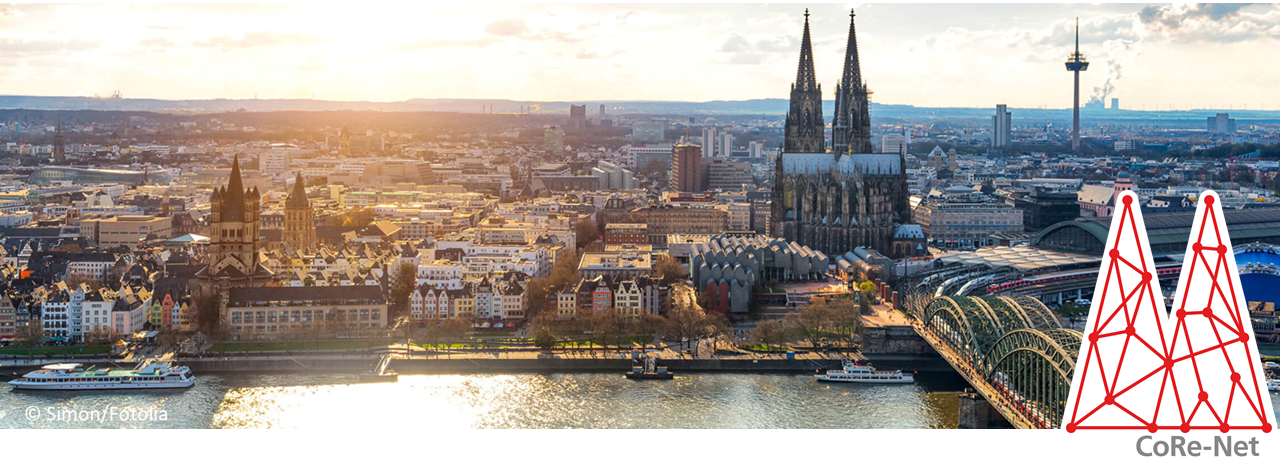On November 11th and 12th 2021, two successive course days were held as part of our digital methods forum on the topic of “Effective and efficient interdisciplinary teamwork”. The event was again organised in cooperation with the Center for Health Services Research Cologne (ZVFK).
The seminar was led by Ms. Brigitte Bäßler (www.effizienzkultur.de).
BACKGROUND AND CONTENT
Due to changing requirements in everyday work because of new socio-cultural and socio-technical situations, interdisciplinary teamwork is becoming an increasingly important performance factor in the professional setting.
In our methods forum we addressed opportunities and challenges, especially in the context of scientific project work and current framework conditions that can accompany work in an interdisciplinary team.
Against the backdrop of ongoing contact restrictions and increased digitality, Ms. Bäßler focused on various aspects of collaboration. In this regard, all participants were invited to complete a survey prior to the event regarding their experiences with the central contents of the workshop:
– aims
– distribution of roles and work
– communication and reflection behaviour
– decision-making process
– structure and flexibility
– resource perspectives
1st COURSE DAY
After a short introduction and getting to know each other, the participants were able to exchange their experiences with interdisciplinary teamwork in small groups. The dominant questions were “What was great?” and “What was challenging?”.
Afterwards, various models on developmental steps of teams were presented, including the five stages of team development according to Tuckman and the five dysfunctions of a team according to Lencioni. These were discussed again in small groups and worked on using practical examples. Based on the “Riemann-Thomann-Model” it was discussed how differences in teams can be used. The connection between self-efficacy and motivation was also examined from different perspectives.
The day was concluded with a feedback and reflection session and a look ahead to the second day of the course.
2nd COURSE DAY
The second day started with a review of the first course day and the opportunity to discuss questions or thoughts on the previous topics that arose retrospectively.
Afterwards, we focused the aspects of structure and flexibility. Using the “Stacey Matrix”, various work scenarios and framework conditions were highlighted in the context of classic and agile project management. Here, advantages and disadvantages of clear input parameters, proven processes and foreseeable results as well as ideas or rough ideas, exploratory processes and innovations were compared. In this context, tools such as the “Kanban board” were presented and a comparison between “fixed and growth mindset” was drawn.
In the last block, Ms. Bäßler addressed the topics of “communication behaviour” and “decision-making”. In particular, suggestions for team reflection were given, working in a remote or hybrid context was discussed, and various decision-making processes such as “voting”, “consensus”, “resistance inquiry” and “consultative individual decision” were presented and compared.
In a final round, the participants were able to review the contents and draw an individual conclusion.
THANKS
We would like to thank Ms. Bäßler for the exciting workshop! We are pleased about the lively exchange during the course days and thank all participants for the interesting discussions and experience reports.

